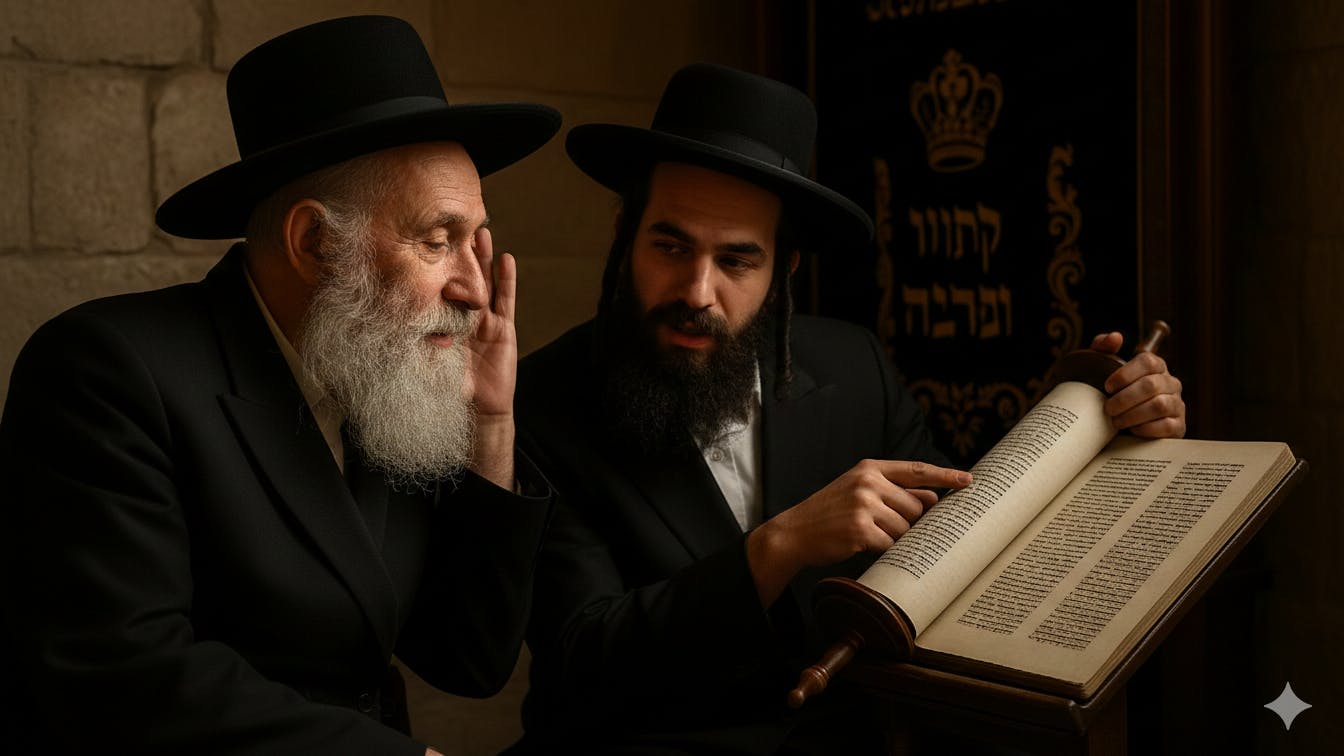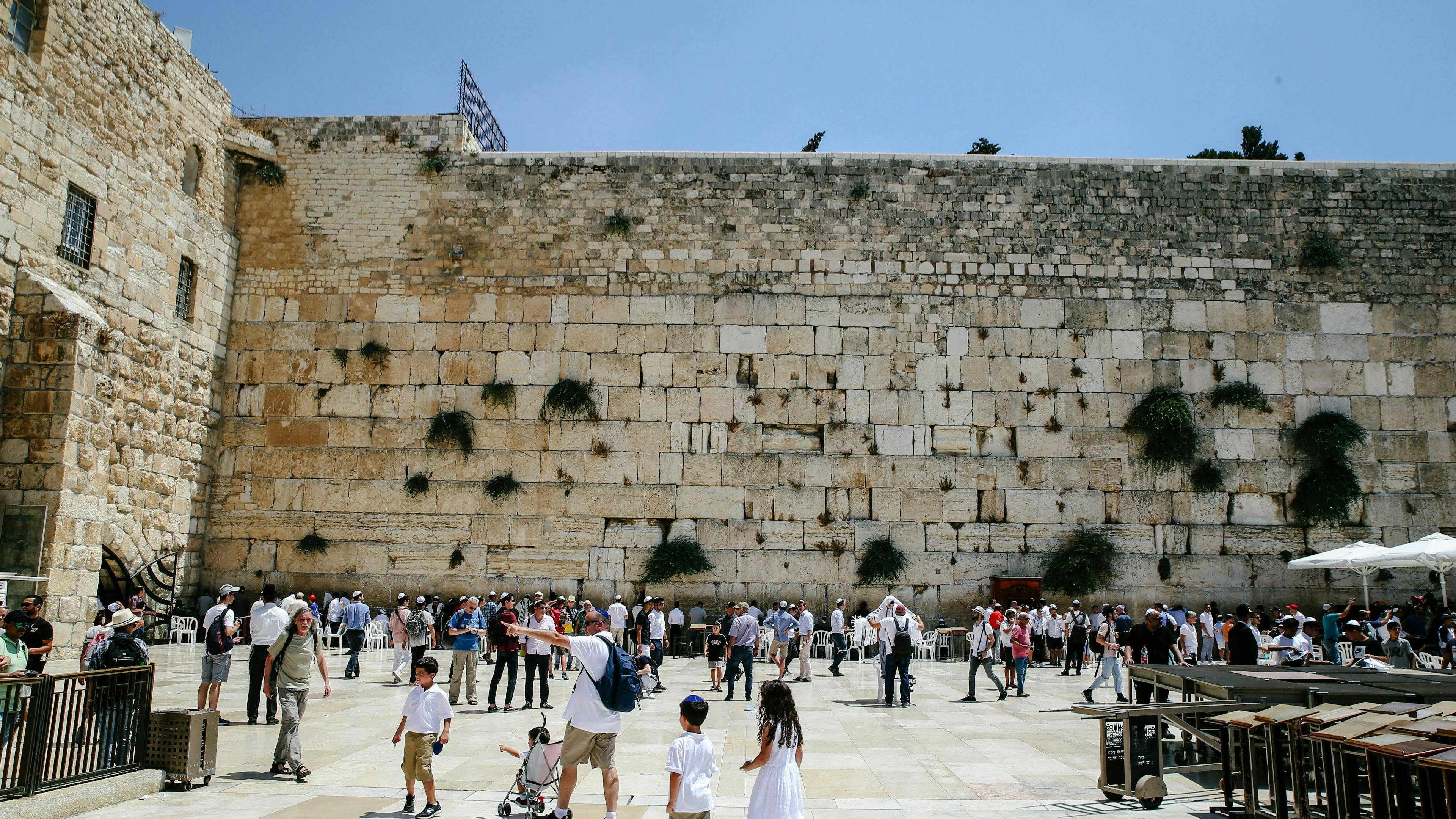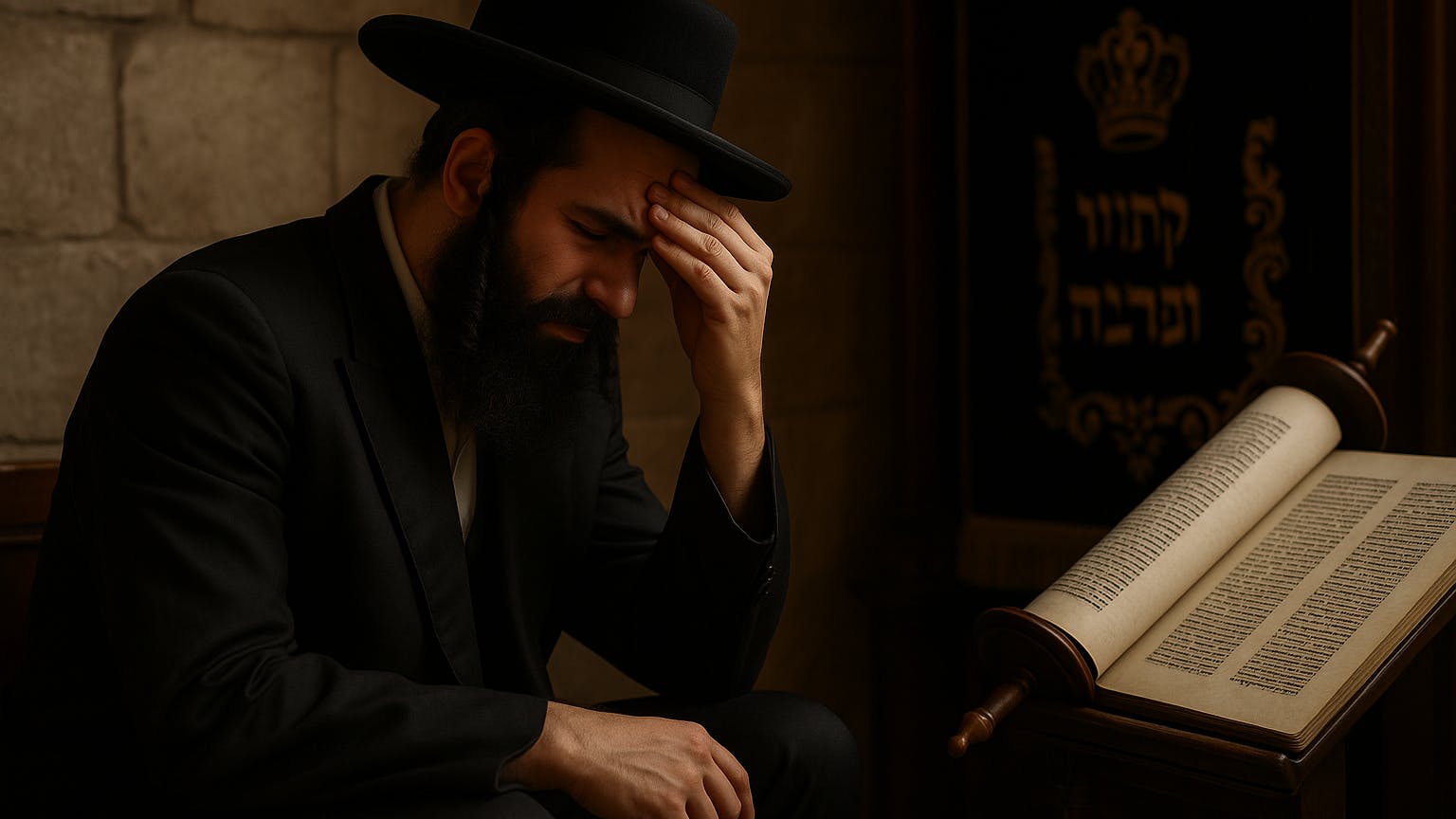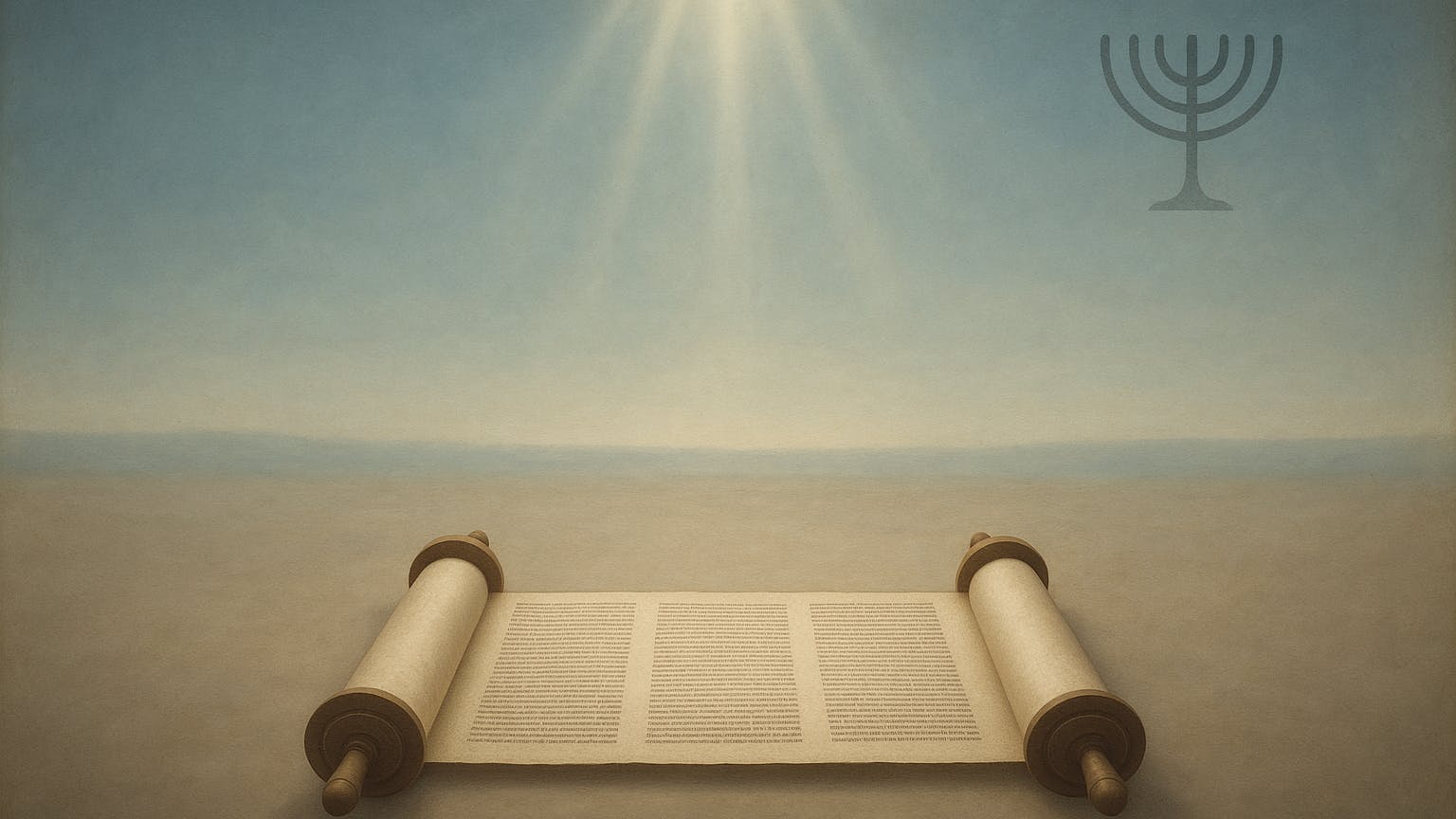One point that confuses many Jews is what happens to the Law when the Messiah comes. While some Jews object that Christians are discredited because we do not observe rabbinic dietary laws as a matter of necessity, the truth is that we are right to do so. Even the rabbis teach that a change in the law would come.
While some Jews would use this point against Christians to argue that followers of Jesus have departed from the teachings of Israel, it’s worth noting that Judaism teaches that in future days, the Jewish law would change.
In the Talmud (Niddah 61b), we read: רב יוסף זאת אומרת מצות בטלות לעתיד לבא: “Rav Yosef said: That is to say that the mitzvot will be nullified in the future. If this were not the case, then when the dead are resurrected they will be deriving benefit from the garment of diverse kinds in which they were buried.” https://www.sefaria.org/Niddah.61b.3?lang=bi&with=all&lang2=en
Further, we read in the medieval Jewish tractate Yalkut Shimoni: "All the holidays will be nullified in the future except for Purim." Again: "Purim is called like Yom Kippur because in the future one will have pleasure on Yom Kippur and the day of oppression will be turned to joy" (Tikunei haZohar, a book of the Kabbalah). Even the Lubavitch Rebbe Menachem Mendel Schneerson declared: “"In the Messianic Era, when the true Divine nature of every creature will be openly revealed, the pig will stand vindicated as a kosher animal"
http://www.chabadofcentralflorida.com/page.asp?pageID={B30AD83D-9D7C-4FB6-968F-8E74E5EB05DF}&displayAll=1
It is not that Christians neglect all laws; unlike the Sabbatean and Frankist movements, Christians do believe that the moral law of the Ten Commandments is upheld in perpetuity. However, we believe that, while the moral law is eternal, the ceremonial law was temporary, and that the temporal conditions which made the ceremonial law fitting for God’s people, are no longer in place.
The ceremonies were set down by God for a season, in order to pave the way for the Jewish Messiah, keeping the nation set apart as holy. Yet prophecies were also given of the Gentiles becoming the people of God and being counted as if they are born in Zion (Psalm 87:3-6).
Psalm 87:3-6
Glorious things are spoken of thee, O city of God. Selah. I will make mention of Rahab and Babylon to them that know me: behold Philistia, and Tyre, with Ethiopia; this man was born there. And of Zion it shall be said, This and that man was born in her: and the highest himself shall establish her. The Lord shall count, when he writeth up the people, that this man was born there.
With Gentiles brought into the people of God, and the Messiah having come, the ceremonial law was an obstacle to peace between the two, and no longer necessary for the preparation of a future Christ. Christians of Jewish origin initially observed the ceremonial law while the temple still stood, for the sake of peace. Hence we read in Acts 21:26 that Paul took four men who had taken a vow,
Acts 21:26
and the next day purifying himself with them entered into the temple, to signify the accomplishment of the days of purification, until that an offering should be offered for every one of them.
However, when the temple fell in A.D. 70, there was no longer the central means by which God had ordained to regulate the worship of Israel. God had already indicated that the temple would fall, as Christ said of the Jewish temple in Matthew 24:2:
Matthew 24:2
See ye not all these things? verily I say unto you, There shall not be left here one stone upon another, that shall not be thrown down.
This was understood as the legal end of the Old Covenant, as indicated in Hebrews 8:13:
Hebrews 8:13
In that he saith, A new covenant, he hath made the first old. Now that which decayeth and waxeth old is ready to vanish away.
The decaying Old Covenant was formally ended in A.D. 70 with the temple’s destruction, even though its legal termination came when Christ died.
The Jewish ceremonies prefigured Christ before he was incarnated, died, and rose again. Once he accomplished redemption on the cross, the veil was torn in two, and there was no further need for ceremonies. Matthew 27:51 reads:
Matthew 27:51
And, behold, the veil of the temple was rent in twain from the top to the bottom; and the earth did quake, and the rocks rent;
This rending of the veil of the temple corresponded to Christ’s death, signifying that the ceremonies themselves were no longer legally binding on God’s people.
We read in Colossians 2:14 that Christ blotted out
Colossians 2:14
the handwriting of ordinances that was against us, which was contrary to us, and took it out of the way, nailing it to his cross;
while in Ephesians 2:15, we read that Christ:
Ephesians 2:15
Having abolished in his flesh the enmity, even the law of commandments contained in ordinances; for to make in himself of twain one new man, so making peace.
It seems thus that Jews and Christians both acknowledge a change in the ceremonial law in the days of Messiah. Christians cannot continue to observe the ceremonial law after the arrival of Messiah without seeming to indicate that the Messiah has not yet come. Viewed in this context, the abrogation of the Jewish ceremonies makes total sense. Messiah has come, he is Jesus Christ, who fulfilled the prophecies of Isaiah 53, Psalm 22, Daniel 9:24-27, Micah 5:2, and many other passages in the Hebrew Bible.
More Topics
You might alsoo be interested in these topics.




